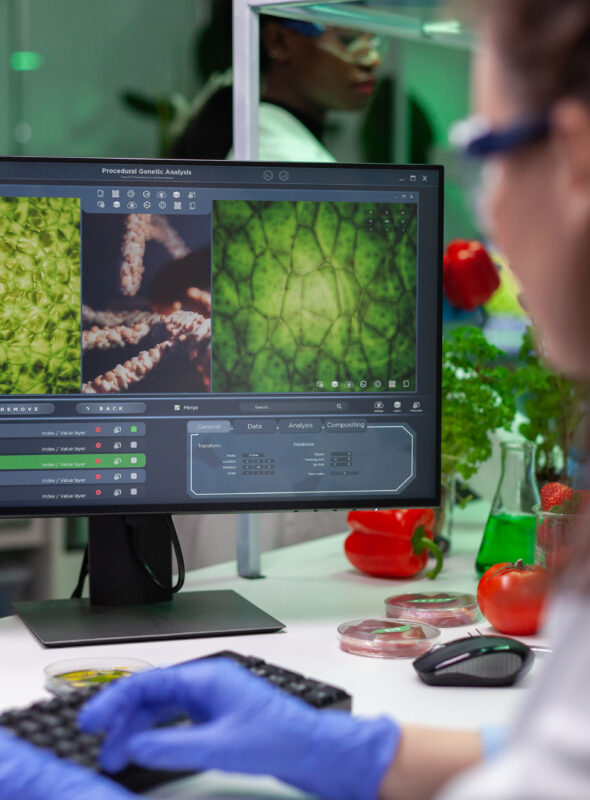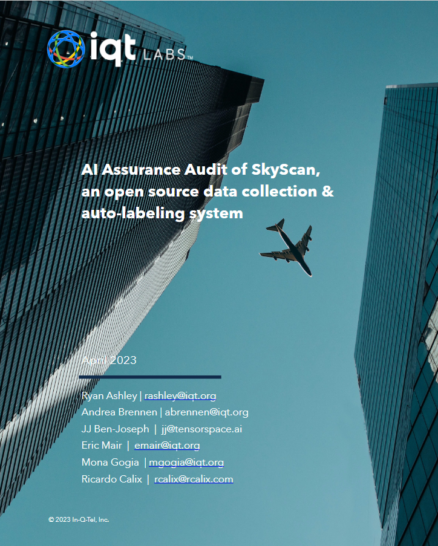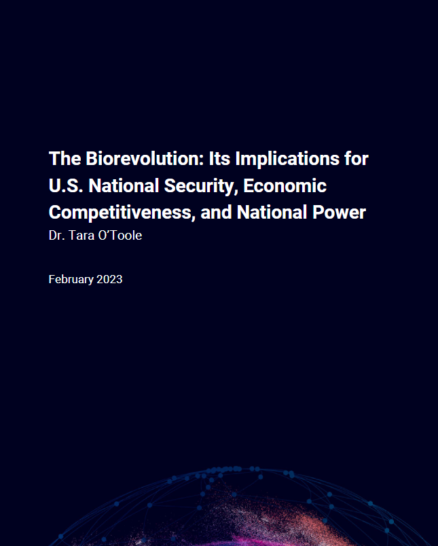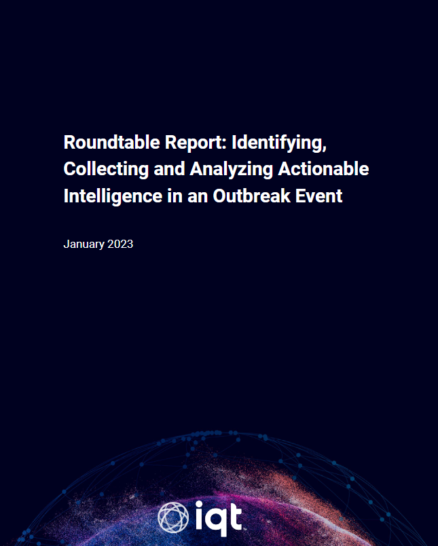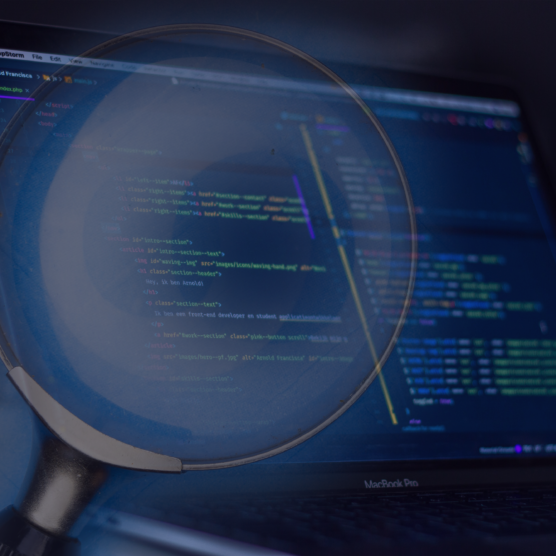
AI Assurance: What happened when we audited a deepfake detection tool called FakeFinder
IQT Labs recently audited an open-source deep learning tool called FakeFinder that predicts whether or not a video is a […]
Read MoreIQT Blog
Thought leadership from IQT
Podcasts
Subscribe
News
Resources
Media Inquiries: media@iqt.org



